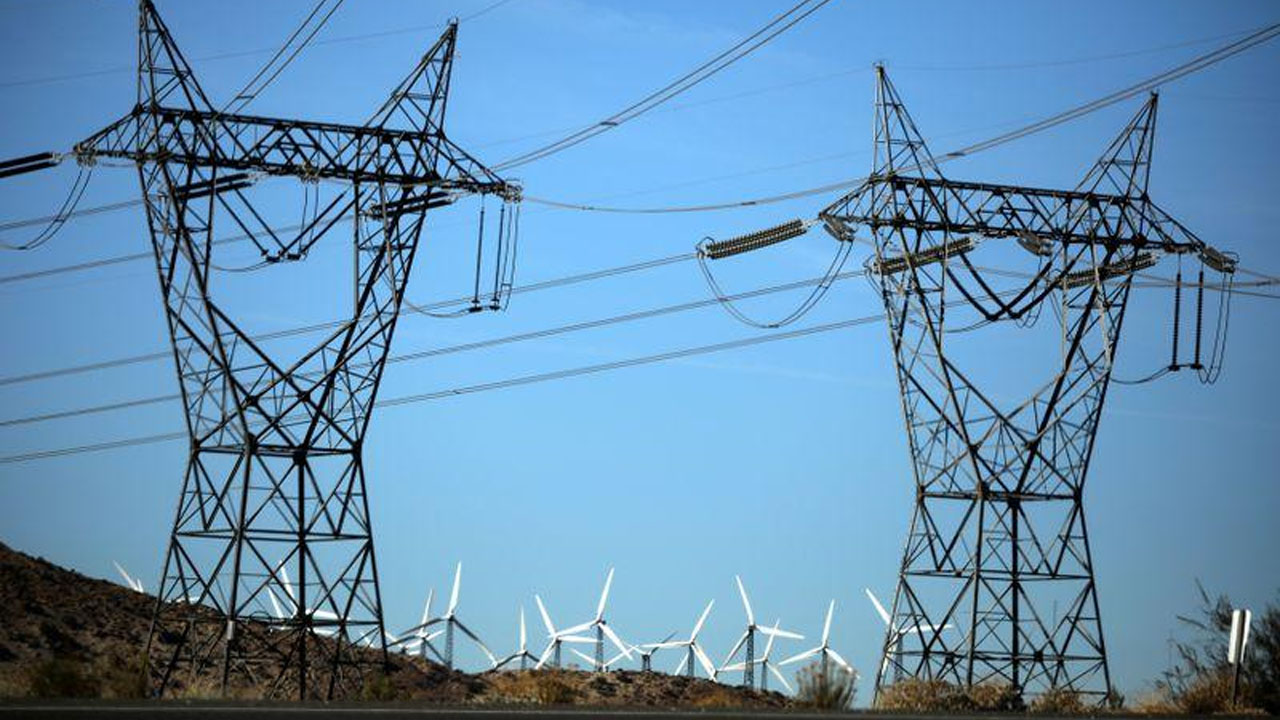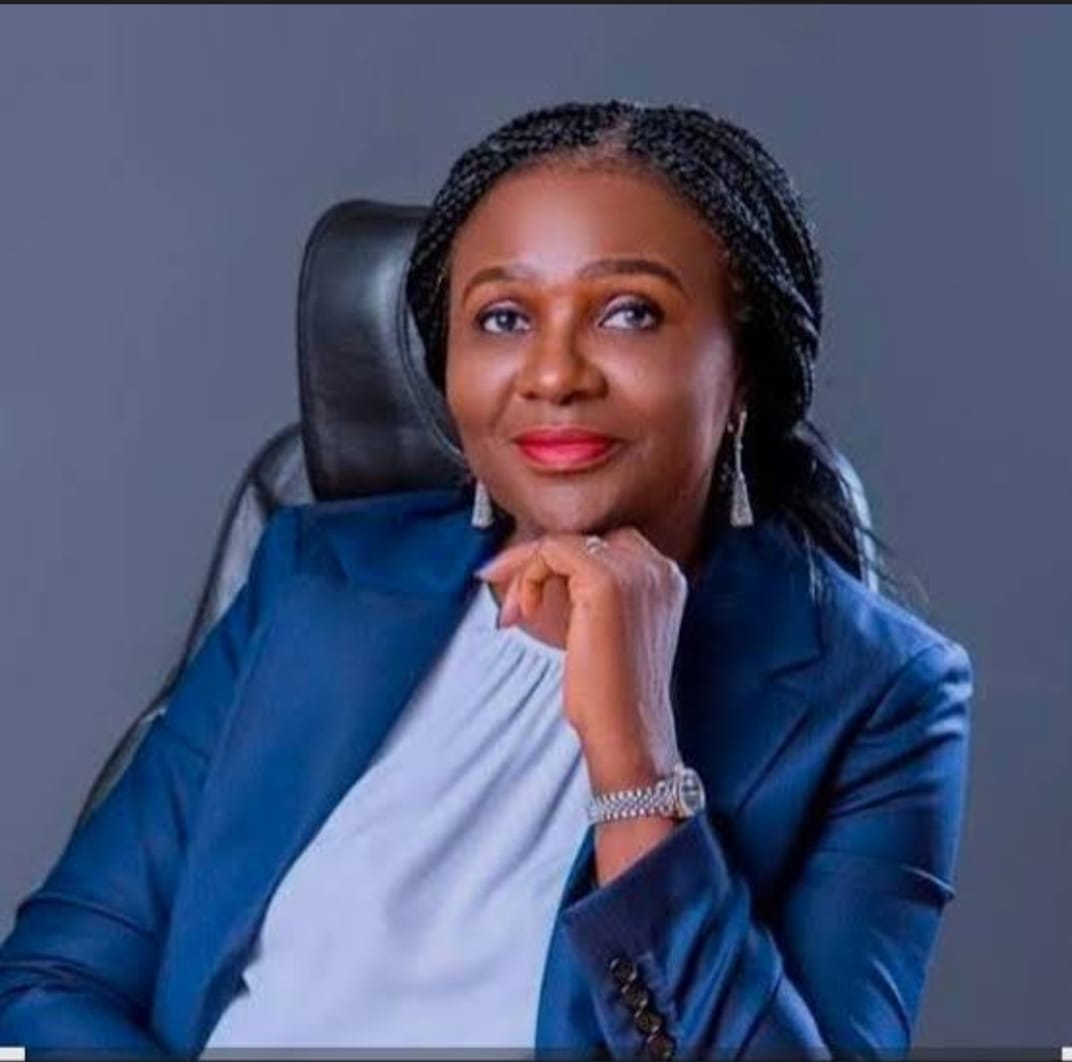
Citing Nigeria’s wobbly experience with electricity privatisation without appreciable gain, stakeholders of thoughts have urged South Africa not to make the mistake of giving Eskom to the private sector.
Meeting at a public forum for the unveiling of Afrobarometer survey on dominant issues ahead of the South African general elections, university dons and activists expressed shock that the majority of South Africans are now rooting for privatisation to end the power crisis.
It will be recalled that Nigeria’s state-owned power monopoly, the Power Holding Company of Nigeria (PHCN), unbundled and sold to private investors about 10 years ago.
It was unbundled to end the country’s decades of electricity woes. The behemoth had grown clumsy, corrupt and inefficient, with most Nigerians either in perpetual darkness or dependent on generators.
South Africa is walking the tightrope too. Eskom, the national power utility, has implemented occasional blackouts for more than a decade but since December 2019, load-shedding has become a daily occurrence in most parts of the country.
According to the latest Afrobarometer data survey, electricity is heating up as one of the dominant issues ahead of the 2024 elections. Data analyst, Blessings Mhkize, said it was the first-time electricity was making the top three burning issues in South African minds, and now competing with regulars like unemployment, crime and insecurity.
According to the survey, electricity ranks third among the most important problems that South Africans want their government to address, and about three-fifths said Eskom must be privatised to ensure an effective supply of electricity in the country.
An even greater share of citizens wants the government to allow other actors to generate and distribute electricity. Panelist and Professor at Nelson Mandela University, Prof. Bhekithemba Mngomezulu, said it was shocking that South Africans were asking for privatisation that has failed to deliver in countries like Nigeria.
Mngomezulu said: “It is very scary to see South Africans saying Eskom is so bad, giving its ownership and operation to the private sector. It is scary because they don’t know what comes with privatisation like it is in other African countries like Nigeria. Just look at them.
“Instead of privatisation of electricity, let us learn from the likes of India that have successfully solved the same power crisis. I understand that South Africans are desperate for a solution and the government is not doing enough. But we should also learn never to go the way of those that have been let down by privatisation, and do better,” he said.
Indeed, after experiencing record levels of load-shedding in 2022, South Africa has been on the path to having its worst year yet in 2023. The power crisis has been blamed on Eskom’s debt, old infrastructure, and poor planning in the face of increasing electricity demand. The government also declared a national “state of disaster” on electricity in February, then terminated it in April.
The Afrobarometer survey, which measures African experiences, evaluations of democracy, governance, and quality of life, estimated that more than nine in 10 South Africans (95 per cent) live in zones served by the national electric grid; up nine percentage points since 2006 (86 per cent).
Similarly, fully 95 per cent of citizens live in households that are connected to the national power grid, and among those who are connected, nearly seven in 10 (69 per cent) say their electricity works “most of the time” or “all of the time.”
Almost nine in 10 South Africans (87 per cent) say the government is doing a poor job of providing a reliable supply of electricity, and a slim majority (51 per cent) indicate they would be willing to pay more for electricity in exchange for better services, rather than paying less and receiving poor services.
Almost six in 10 citizens (59 per cent) “agree” or “strongly agree” that Eskom must be privatised to ensure effectiveness in the supply of electricity. Three-fourths (76 per cent) of South Africans say the government should allow other actors to generate and distribute electricity.






